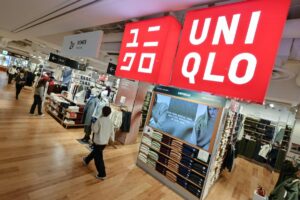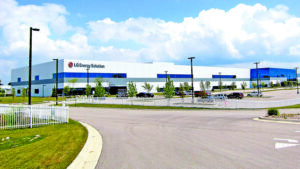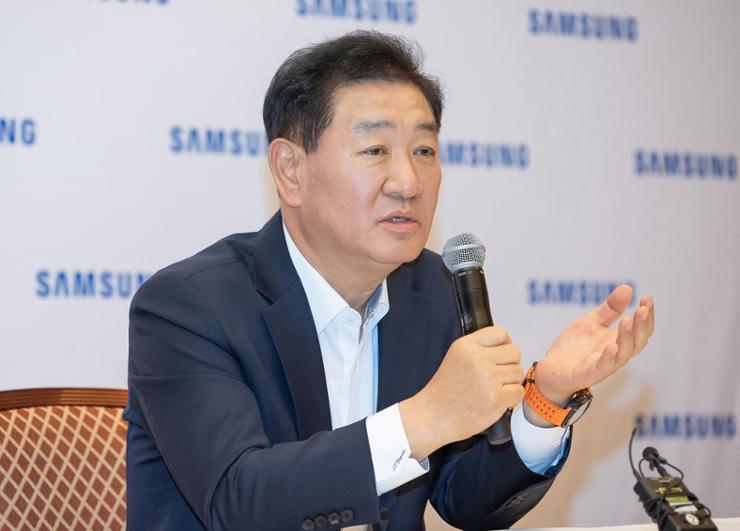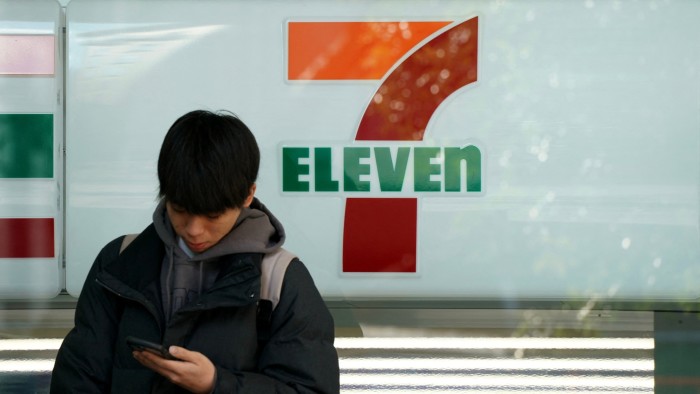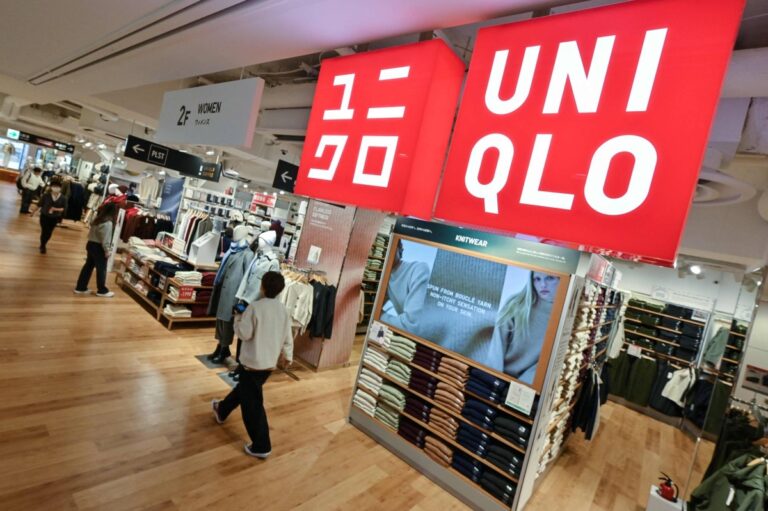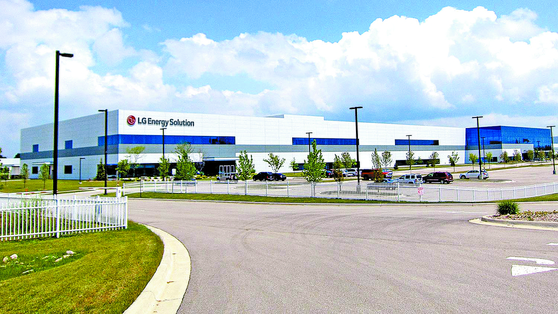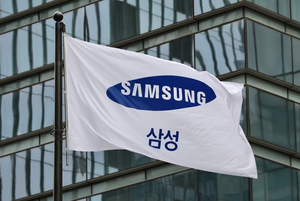Samsung Electronics CEO and Vice Chairman Han Jong-hee speaks during a meeting with reporters at Caesars Palace in Las Vegas, Tuesday (local time), on the sidelines of CES 2025. Courtesy of Samsung Electronics
Samsung estimates W6.5 tril in Q4 operating profit, thereby missing forecast
By Nam Hyun-woo
LAS VEGAS — Samsung Electronics CEO and Vice Chairman Han Jong-hee said, Tuesday (local time), that the company’s artificial intelligence (AI) vision for smart homes, unveiled at CES 2025, will help drive momentum for its earnings recovery.
The remarks followed Samsung’s estimate that its operating profit for the fourth quarter of 2024 reached 6.5 trillion won ($4.47 billion), below an analysts’ consensus of 7.97 trillion won. Regarding the company’s AI initiatives, Han expressed confidence that Samsung will overcome market concerns about its competitiveness this year.
“The home AI we presented at CES 2025 is a vision that redefines ever-evolving AI technology from the customers’ perspective, based on over a decade of our accumulated experience in the smart home business,” Han said during a press conference.
“Our goal is not only to increase the number of AI-powered products but also to realize a home AI system that seamlessly connects devices, anticipates customer needs and responds intuitively and smartly.”
During CES 2025, Samsung showcased examples of more personalized AI experiences, supported by its AI-embedded home appliances and SmartThings Internet of Things technology. In doing so, the company chose to position its latest products in a secondary role at the exhibition, emphasizing that its strategic focus is now on AI.
Citing positive feedback from global vendors, Han expressed confidence that this vision will serve as the “momentum” for the recovery of the company’s earnings.
In its earnings guidance released earlier Tuesday, Samsung estimated its fourth-quarter operating profit at 6.5 trillion won, up 130.5 percent from a year earlier. The company expected that revenue would reach 75 trillion won, growing 10.65 percent year-on-year.
Although the numbers reflect year-on-year improvements, they are seen as disappointing given analysts’ average estimates, which had forecast an operating profit of 7.97 trillion won and sales of 77.4 trillion won.
As this is only earnings guidance, Samsung did not provide a detailed breakdown of earnings by business division. However, analysts believe the company’s smartphone business has slowed, while its semiconductor division continues to face challenges due to unfavorable market conditions.
“It is true that the (fourth-quarter) earnings are lower than market expectations,” Han said. “But we believe that it can be an opportunity for us to make a leap forward. We have Device Experience and Device Solutions divisions, and the Device Solutions division has Vice Chairman Jun Young-hyun, who is now striving for a rebound, so you can expect improvements this year.”
Samsung’s Device Experience division, led by Han, includes smartphones, home appliances, visual displays and health care businesses. The Device Solutions division, headed by Jun, is responsible for memory, chip design and foundry businesses.
“Samsung will overcome every challenge by committing ourselves truly to the very fundamentals of our business,” he said. “And the fundamental we believe is making an unrivaled technology innovation toward product quality and customer value. To materialize this, we have reorganized our teams to put greater emphasis on product quality and AI businesses.”
During its personnel shakeup in November, Samsung created a product quality innovation committee headed by Han himself, ensuring that he would directly oversee the quality of the company’s home appliances.
Also, the company established a team serving as the control tower of its AI business under Chief Technology Officer Cheun Kyung-whoon, to make sure it can promptly respond to new technologies in not only devices but also services.

Attendees visit Samsung Electronics’ booth at CES 2025 at the Las Vegas Convention Center, Tuesday (local time). Yonhap
Favorable responses
Han said the company decided to focus on the customer experiences that AI-powered appliances can deliver, as it is the most effective way to leverage Samsung’s broad product portfolio.
“Our product ranges from smartphones, TVs, home appliances, electronic auto parts and a slew of other items that people use in their daily lives, and when we think about how to leverage this strength, it ultimately comes down to delivering a seamless connected experience,” he said.
“And that experience is about having AI take care of the things that are inconvenient, undesirable or difficult for the consumer. The ultimate goal when AI is integrated into products is automation.”
Han said that the company’s strategy of focusing on customer experiences that AI-powered appliances can provide is receiving positive responses from vendors.
“When we said last year that we would provide connected experiences through AI, the feedback was more like, ‘Okay, that sounds fine, but we don’t really understand what it means,’” Han said.
“This time, however, the general response has been that they now fully grasp our strategies and find them attractive. Since we shared a long-term vision with them, they now have a clearer understanding of our roadmap. As a result, we anticipate changes not only in shop displays but also in how they approach consumers.”


